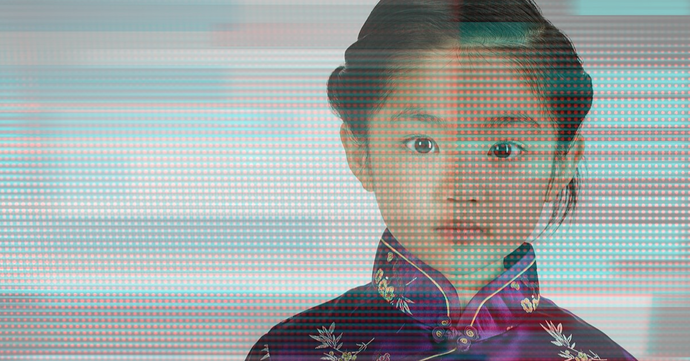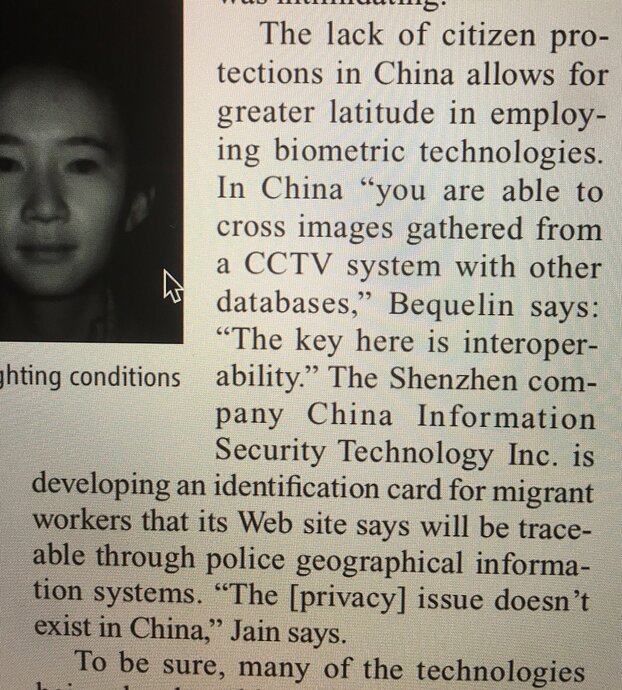Leading U.S. facial recognition expert Anil K. Jain, the head of Michigan State University’s Biometrics Research Group, is facing major backlash for his involvement with Chinese academics, especially since his research is used by the Chinese government for their facial recognition tech to track Uyghurs and send them to internment camps.
In 2018, Jain traveled to Xinjiang’s capital Urumqi to give a speech about facial recognition at the Chinese Conference on Biometrics Recognition (CCBR). Jain was also on the CCBR’s advisory board and was pictured receiving an honorary certificate.
Jain is regarded as one of the world’s most influential computer scientists and a pioneer in areas of pattern recognition and biometric recognition systems. He has won countless awards and honors and is often quoted on U.S. facial recognition issues in publications like Wired and Slate. In the same month as Jain presented a paper titled “From the Edge of Biometrics: What’s Next?” at the CCBR conference in Urumqi, a United Nations human rights panel described Xinjiang as resembling a “massive internment camp that is shrouded in secrecy.” LINK
Biometrics have played a major role in the Chinese “anti-terror” crackdown on its Muslim minority the Uyghurs. Thousands have been detained in so-called “re-education camps,” and facial recognition, DNA collection, iris scans, and more have played a major role in it.
We’re talking here about a new internet, one where the internet and tech (such as in smart cities) is a tool to help us move forward. But what if the research isn’t used to help us move forward, but instead is used against us?
David Tobin, a lecturer at the University of Glasgow who studies security in China, said researchers in technical fields often ignore the real-world applications of their research. “It is imperative that natural scientists be trained in social sciences to understand these effects and the world they make things for and in ethics to be able to ask these questions when they construct, conduct, and disseminate their research,” he said. “However, such training and knowledge is sadly lacking in these fields and public debates rely on false dichotomies between natural and social worlds and between facts and values.”
(from a 2012 interview for Science by Mara Hvistendahl)
I know this is a massive question, and I keep getting back to it, because I really want us to always ask this question: whatever solution we come up with — may it be decentralized messaging apps, how the internet is funded, social media moderation, or smart cities — cracks down on the manner in which these solutions could be used by “evil forces.”

